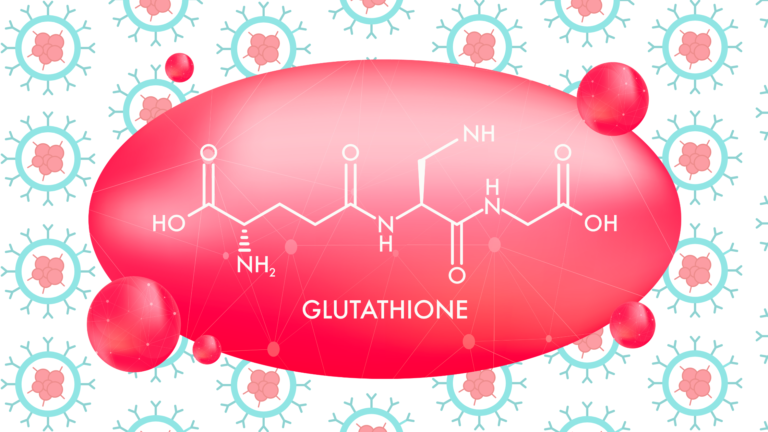
Berdi
urinary Track Health
Urinary Tract Infections (UTIs) are a common and uncomfortable ailment affecting millions of people worldwide, primarily women. While antibiotics have been the go-to treatment, the search for alternative remedies has led many to consider the potential benefits of cranberry juice.
The question arises: Does cranberry juice for UTIs actually work, or is it merely a popular belief without scientific backing? In this article, we delve into the science behind cranberry juice for UTIs, exploring its general benefits and its role in managing this common infection.
Before we explore the potential benefits of cranberry juice, it’s crucial to understand what a UTI is. According to the Centers for Disease Control and Prevention, an Urinary Tract Infection is an infection in any part of the urinary system, including the kidneys, bladder, ureters, and urethra. Common symptoms include a frequent urge to urinate, a burning sensation during urination, cloudy or strong-smelling urine, and pelvic pain. UTIs are typically caused by bacteria, most commonly Escherichia coli (E. coli).

Cranberry juice is celebrated not only for its potential to prevent urinary tract infections (UTIs) but also for a range of general health benefits. Here are some notable advantages supported by scientific research
These findings suggest that incorporating cranberry juice into your diet may offer a range of health benefits beyond its well-known role in UTI prevention.

While the general benefits of cranberry juice are acknowledged, cranberry juice for UTIs prevention and treatment has garnered the most attention and scientific research. Its specific role in managing UTIs is a subject of ongoing research and debate. Some studies suggest that compounds in cranberries, such as proanthocyanidins, may prevent bacteria from adhering to the urinary tract lining, making it more difficult for infections to take hold.
A Cochrane systematic review, which analyzed multiple trials, concluded that there is some evidence supporting the use of cranberry products for preventing UTIs, especially in women with recurrent infections. Despite these findings, more research is needed to establish clear guidelines for the use of cranberry juice in managing UTIs.
The mechanisms behind the efficacy of cranberry juice for UTIs are complex and multifaceted. Here are key points outlining how cranberry juice may contribute to preventing and treating UTIs:
These findings suggest that the compounds present in cranberry juice contribute to preventing and treating UTIs by inhibiting bacterial adhesion, reducing virulence, creating an unfavourable environment for bacterial growth, exerting anti-inflammatory effects, and preventing biofilm formation. While promising, it’s important to note that research in this area is ongoing, and individual responses may vary.

For those seeking a convenient alternative to traditional cranberry juice, cranberry sachets are gaining popularity. Route2Health can help you reap all the benefits of cranberry juice with its Berdi sachet. Berdi contains not only cranberry but elderberry, too. This dynamic duo of two potent berries can help you prevent and treat UTIs effectively. Incorporating Berdi sachets into your routine may offer a practical and effective way to support urinary health.
In conclusion, while the general benefits of cranberry juice for urinary health are supported by research, its efficacy in managing UTIs remains a topic of ongoing investigation. It’s essential to approach cranberry juice as a potential complement to traditional treatments rather than a standalone solution. Individuals prone to recurrent UTIs may find it beneficial to include cranberry juice in their dietary habits, but it’s crucial to consult with healthcare professionals for personalised advice.

Cranberry juice is not the ultimate cure for UTIs, but it may help prevent them by reducing bacterial adhesion.
There is no one-size-fits-all recommendation. For cranberry sachets like BERDI, you should take one sachet mixed with one glass of water twice daily.
Cranberry sachets provide a concentrated dose of beneficial compounds, offering a convenient alternative to traditional juice.
While UTIs are more common in women, men may also experience urinary issues, where cranberry juice could be beneficial.
In moderation, cranberry juice is generally safe. However, those on blood-thinning medications should consult with a healthcare professional due to potential interactions.










©2023 Route2Health®️
NTN: 2229383
AN ASSOCIATED COMPANY OF HIGHNOON LABORATORIES
STRN: 0301999937728

WhatsApp us
